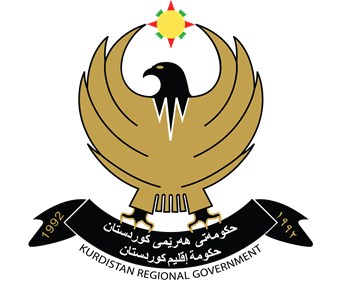CONCEPTUAL TRANSFER IN KURDISH EFL LEARNERS’ SPOKEN PERFORMANCE.
DOI:
https://doi.org/10.56422/ka.3.61.596Keywords:
Cross linguistic influence, Conceptual Cross linguistic influence, Conceptual errors, Concept transfer, Conceptualization TransferAbstract
The present investigation aimed to explore the potential and scope of concept transfer in parity and internal content among Kurdish learners of English as a foreign language, utilising Jarvis' (2007) framework. Specifically, the study focused on three aspects: concepts in Kurdish that lack direct equivalents in English, concepts that are either more encompassing or narrowing than their English counterparts, and concepts in Kurdish and English that seem to be broadly equivalent but still exhibit subtle differences. The study also examined the role of language proficiency in the potential transfer of concepts among Kurdish learners of English as a foreign language. The research participants consisted of 20 female and 10 male Kurdish learners who were enrolled in English language courses at the University of Raparin located in Raniyah city, Kurdistan region of Iraq. The students were classified into stages two and four under the English department of the College of Basic Education. A placement test was conducted to reaffirm the learners’ English level. Visual tests were used, consisting of the presentation of images and a brief movie, in order to conduct comparisons between the groups. The statistical software SPSS (version 26) was applied for data analysis. Upon doing statistical analysis on the data, the results revealed noteworthy instances of conceptual transfer occurring from the Kurdish language to English. Both types of positive and negative CLI occurred and the influence of the participants' English proficiency level on their ability to transmit ideas was also seen.




